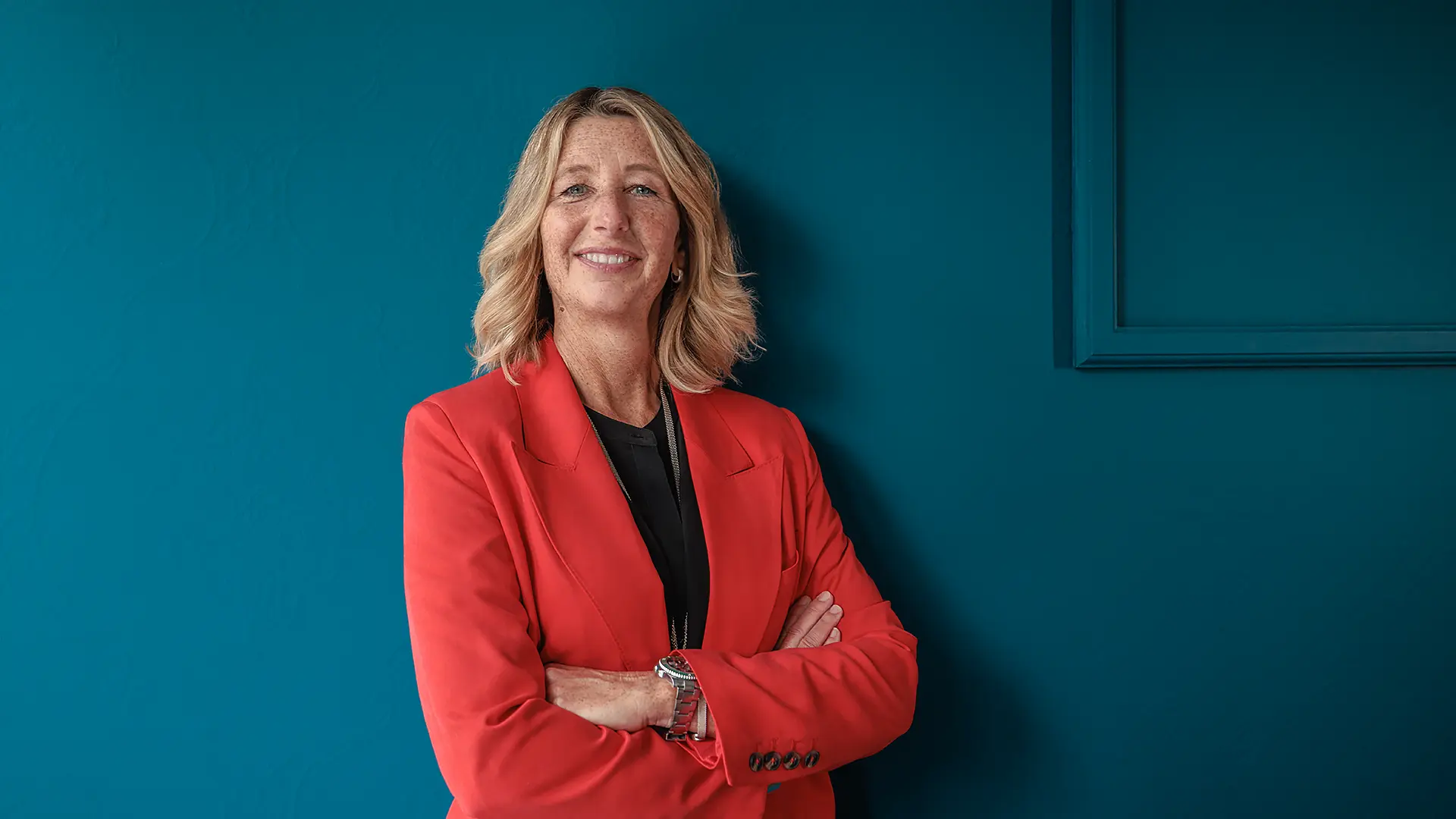Navigating Change: The Mindset of Today’s Leaders

Leaders face a business environment that is more complex than it has ever been. The pace of change is unprecedented. So is the level of unpredictability. Together, these forces are challenging ideas about what it takes to be a ‘good’ leader. Throughout my more than 20 years in the logistics industry, I have witnessed a fundamental shift in leadership. There is barely a podcast or discussion that doesn’t touch on leadership changes as a topic of interest. Let me share my thoughts on it with you now.
Leaders Embark on a Life-long Journey
Consider the last two and a half years of transformation. The pandemic has accelerated the scope and speed of change we experience. The war in Ukraine and trade regulations, climate change, and natural disasters have created considerable uncertainty in our lives and business operations. New challenges will continue to confront us non-stop.
We as leaders have to adapt quickly, and again and again. What is expected of leaders now is different from what was expected 5 years ago and what will be expected 5 years from now.
Having started my career in a very different organizational leadership culture, I have had to reframe my mindset, and I am still changing it every day.
The Old Leadership Style: How It Was
Looking back on my own leadership journey, I realize how far we have come. When I started out, management was top-down and autocratic. Leaders made final decisions based on their employees’ prework, their views and experiences. Then they communicated those decisions down the line to be implemented. I still remember the ‘orders’ I wrote for people in the field to follow.
Moreover, productivity was encouraged by discipline and face-to-face office culture. I once had a boss who called me into his huge office in order to push me out of my comfort zone, as if making me uncomfortable would motivate me and help me grow. Maximizing shareholder value and profit was the focus. There was hardly any diversity, and little attention paid to employees’ physical and emotional well-being, or work-life balance. Leaders were driven to achieve personal success, as we still are today, but less driven to ensure others around them succeeded too.
I climbed the corporate ladder through working hard, accumulating knowledge in my field, holding clear views, and delivering great results. In the past, it was much clearer what employees needed to do to get to the next level. Today, there are diverse pathways to success.
Looking back on how it used to be, we can see just how much leadership norms have evolved. Where are they taking us next?
5 Mindset Building Blocks for Today’s Leaders
Nowadays, our understanding of what it takes to be a good leader is different. Rather than being in control, being the most knowledgeable, and being the decision-maker, it focuses on how we develop people in our teams to innovate, drive change, and follow in our footsteps. And it prioritizes thinking fluidly about how best to lead organizations to thrive and stay ahead of the curve.
More than anything, leadership is a mindset, not a title or a role. It is this mindset that equips us for the highly dynamic, digital, and data-driven future we are facing.
I believe as a leader you need to be:
1. Curious
As leaders, we are life-long learners. We experiment, embrace a fail fast / learn fast attitude. Leaders are not commanders but co-creators, allowing the expertise of everyone to come together. We promote inclusiveness to empower teams to find solutions together. A high level of curiosity enables a good leader to build a large network that continually inspires new ways of thinking.
2. A Rolemodel
Russian novelist Leo Tolstoy famously wrote, “Everyone thinks of changing the world, but no one thinks of changing himself.” Being willing and open to change, not afraid to grow in self-awareness is key. As leaders, we need to show vulnerability and humility. And admit that we don’t have all the answers and even reverse course on previously-held opinions if needed. In this way, we do not only change ourselves but become rolemodels of change.
3. Emotionally Intelligent
Emotional intelligence is a key skill for an environment of constant change. The ability to trust in others and inspire trust from others is one part of that. With it, we can create spaces of psychological safety that help employees navigate change as well as experiment, and make mistakes and learn from them. In addition, being empathetic, inclusive and mindful of different backgrounds and perspectives reinforces a culture of trust.
4. A Coach
Being a good leader is less about your own accomplishments and more on what you inspire others to do. That’s why we serve as people development coaches. We guide others to discover their strengths and unlock their potential. As Sheryl Sandberg, author and COO of Meta, put it: “Leadership is about making others better as a result of your presence and making sure that impact lasts in your absence.”
5. A Visionary
We inspire people with our passion and a strong and convincing vision – a North Star – which stays constant in times of change and unifies the organization around a common sense of purpose.
With the right mindset, we will be able to navigate a future that none of us can easily predict.
Leaders as Change Navigators
With this list of mindset building blocks, I do not mean to suggest that leaders should all be cast in the same mold. Diversity is inherent to good leadership, even more so today, where a wide array of experiences, perspectives, knowledge, and skills is necessary for us to find more innovative solutions.
We, as leaders, role model the change. We empower and inspire our teams to move with agility through this continuous transformation.
If we do not change, we will fail to manage the complexity of today’s world. We will also lose our employees, as often people do not quit their jobs, they leave bad managers.
We should take the opportunity now to question courageously what good leadership is and embark on our leadership change journey.
Do you agree with my 5 mindset building blocks? Are there other mindset shifts you believe are necessary for tomorrow’s leaders? Let’s discuss on my LinkedIn channel.






